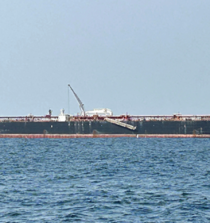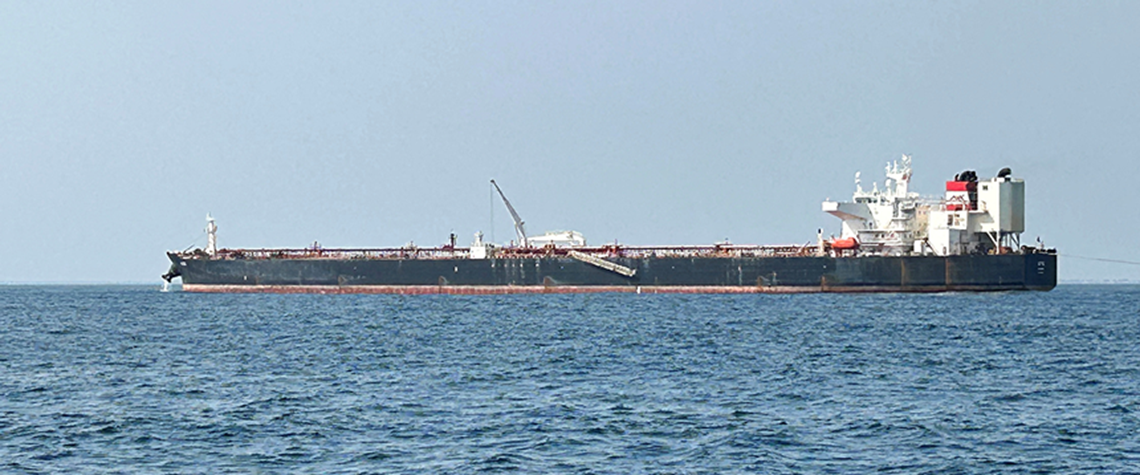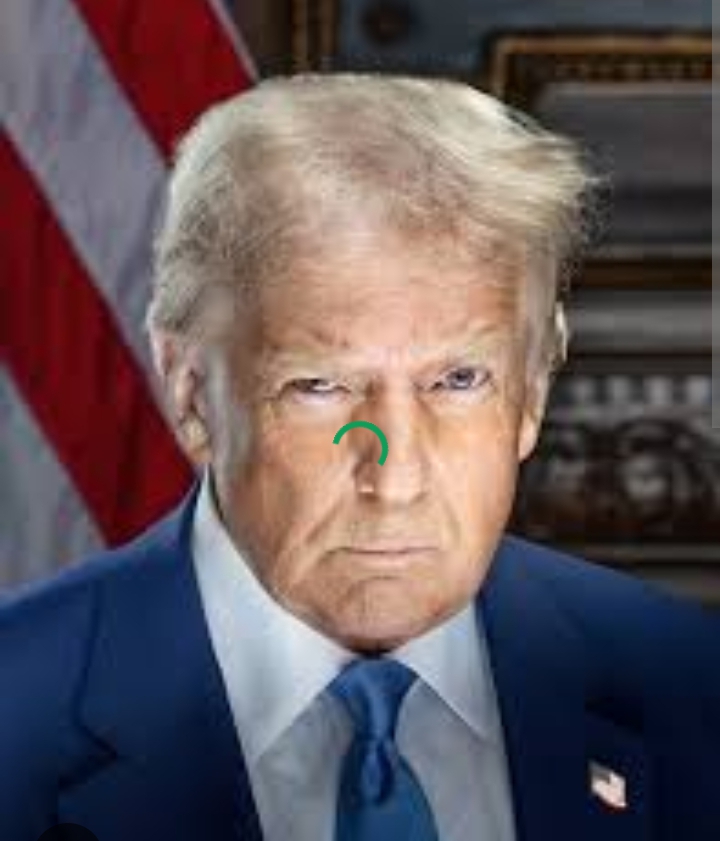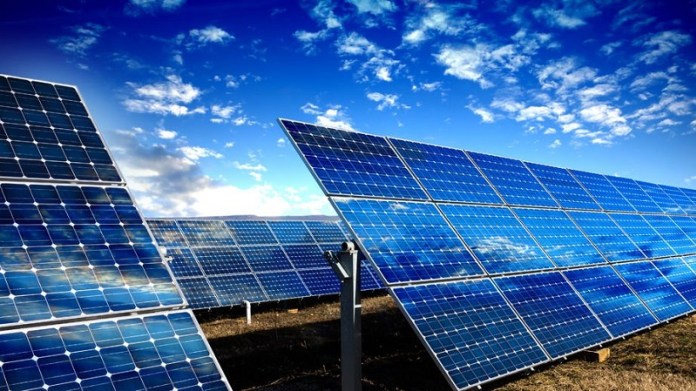Ifeanyi Onyegiri, senior analyst for sub-Saharan Africa at consultancy Welligence, talks to Petroleum Economist about the latest controversies surrounding Nigeria’s Dangote refinery
Nigeria’s Dangote refinery was supposed to be a game-changer for the crude exporting nation, as well as for West Africa more broadly. But a few months since commissioning and the facility is still experiencing problems, particularly around securing feedstock, and developer Aliko Dangote has even gone public with some of his complaints about the situation. At the same time, fuel costs are a key factor in the cost of living and inflationary crisis now engulfing Nigeria and pressuring the government.
The massive, 650,000b/d Dangote refinery was intended to resurrect Nigeria’s withered downstream sector and break the country’s expensive dependence on imported fuels. Commissioning is a lengthy process, especially for such a large and complicated facility, but beyond those expected teething problems, the refinery is now confirmed to be having problems sourcing feedstock, which many suspected when foreign crude shipments were imported.
Nigeria’s Petroleum Industry Act (PIA) legislation—which was finally passed in 2021—obliges local producers to supply the country’s refineries with a particular portion of their output. But the Dangote organisation now publicly alleges that IOCs are contravening the PIA. Instead of selling crude directly to the refinery, the IOCs are making Dangote buy from their trading arms, the refiner claims.
This crude is sold with “more mark-ups and more premiums added to the price”, explained Ifeanyi Onyegiri, senior analyst for sub-Saharan Africa at consultancy Welligence on Petroleum Economist’s Energy Oracles podcast, hence the refinery has “opted for US WTI… [and] they are looking at Brazilian crude, at all these other sources”, as they are more economical, even with freight costs factored in.
Nigeria’s NNPC was supposed to be a significant crude supplier for the facility in its role as a major stakeholder. But the former NOC was not able to acquire its full 20% stake in the project and now holds around 7%. “The plan was that NNPC would provide the largest percentage of the barrels to the refinery,” but that could change given the reduction in their equity stake, Onyegiri explained.
In a potentially positive sign, both upstream regulator NUPRC and its downstream equivalent, NMDPRA, are engaging in talks with all parties to try and “ease those tensions and untie those bottlenecks but it is still a challenge”, explained Onyegiri. This is a “complex situation”, he continued, one further complicated by oil-producing independents and NNPC having “raised financing tied to barrels”, which limits “the pool of barrels available”.
Onyegiri did not think resolution of this issue will be as complicated and as lengthy a process as the passage of the PIA legislation and noted there is already a drafted document in place regarding the sourcing of feedstock for refineries. But he suggested that turning those proposals into action “will take some fine-tuning and some managing of expectations” to get all the relevant parties on board.
However, the NMDPRA has stoked further controversy by criticising the refinery’s diesel output as significantly below minimum quality standards, a claim Aliko Dangote has publicly pushed back against, stressing the state-of-the-art technology at the facility. The Nigerian billionaire has also stated that regulators are allowing the importation of significantly dirtier diesel into the country, further undermining the refinery’s operations.
•Ifeanyi Onyegiri, senior analyst for sub-Saharan Africa at consultancy Welligence.










